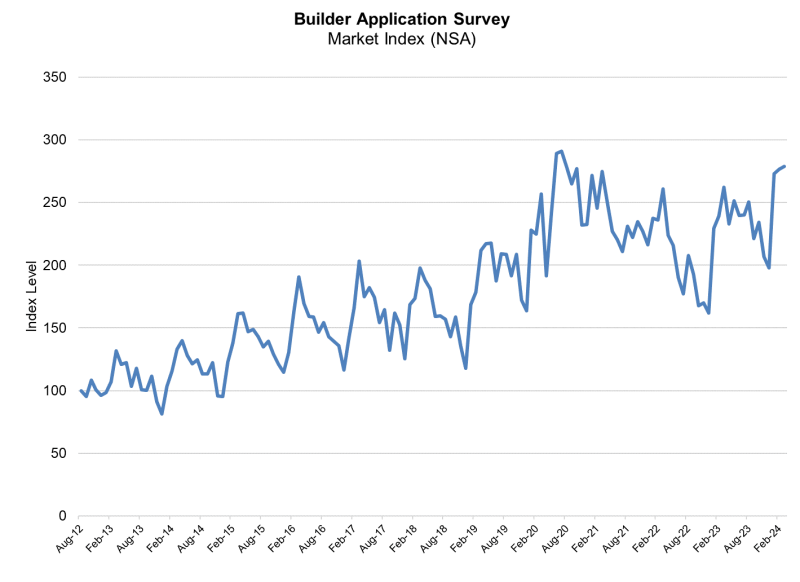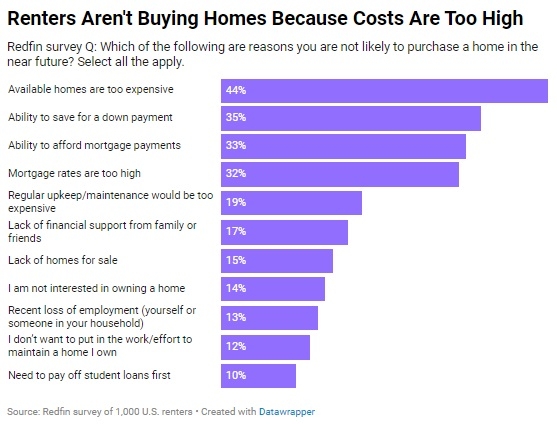Advertisement
MBA's Courson: Negotiators need to regroup, find common ground on economic stabilization package
Opening statement of ranking member Spencer Bachus, full committee hearing entitled “The Future of Financial Services: Exploring Solutions for the Market Crisisâ€MortgagePress.comRep. Spencer Bachus, bailout, economy, housing market, Federal Reserve, Secretary of the Treasury, Henry Paulson, Ben Bernanke
Over the past year, the U.S. financial system has been shaken to
its very foundation by a financial contagion that has disrupted the
orderly operation of our financial markets. We continue to see the
consequences of years of overleveraging, risk taking, over
extension of credit, and the failure of our rating agencies and
others to properly assess risk. The combination of an outdated
financial regulatory system and the regulators failure to exercise
adequate oversight allowed these problems to fester, with
disastrous consequences for our economy.
To date, we have had a series of individual interventions by our
regulators that have brought only short-term relief. It is obvious
to most of us that a systematic approach to this problem is the
only course of action that has any hope of being effective.
Last weekend, the Chairman of the Federal Reserve and the
Secretary of the Treasury brought us their proposal for this
systematic approach. Since then we have become submerged in a mass
of conflicting propositions and counter proposals submitted from
all sides. We and the media have obsessively analyzed the details
of each new idea. In so doing, we have lost sight of the
fundamental issue: is a severe market cataclysm imminent and if so
will the cost of that event be greater for average Americans than
the cost of a systematic intervention?
Secretary Paulson and Chairman Bernanke assert that analysts
both inside the government and out confirm the belief that our
markets are frozen by illiquid assets on the balance sheets of
large and small financial institutions. There have been too many
calls to my office making this point for me to doubt that this is
correct.
These illiquid assets are said to be causing financial
institutions at all levels to conserve capital. As a result, the
normal lending that allows our commercial activities to proceed in
an orderly fashion has ground to a halt. The effect is a financial
panic on our entire financial system much like a run on the bank
and it is having the same destructive effect.
The plan put forward last weekend was designed to address this
fundamental key to the current crisis.
We are faced with critical issues for which we have far too
little information on which to base our decisions. That makes the
decisions extremely difficult, but we cannot leave here for the
rest of the year without reaching closure on this matter. We simply
must decide.
The first question is whether we believe there is a likely
catastrophic market event in the offing if nothing is done? If
there is, it could have enormous costs to Americans who have their
life savings invested in pension funds and other savings. Main
Street businesses might find themselves unable to access their
ordinary sources of financial assets to buy materials and pay their
employees. I am not worried about the Wall Street bankers who made
millions creating this mess, but I feel a great obligation to the
millions of Americans who did nothing to create this problem but
might be its innocent victims.
If we decide there is such an event, then will a $700 billion
purchase of these assets provide the temporary relief the markets
need to right themselves? If we provide this relief, whether it
works or not, let everyone be assured this Committee will be
exercising its oversight and investigation responsibilities as we
go forward to see to it this can never happen again.
My purpose today will be to listen and try to find answers to
these questions. The witnesses have been through a lengthy and
extensive hearing process this week and in the past few weeks. I
appreciate them being here to help us find the answers we need.
For more information, visit bachus.house.gov.
About the author





